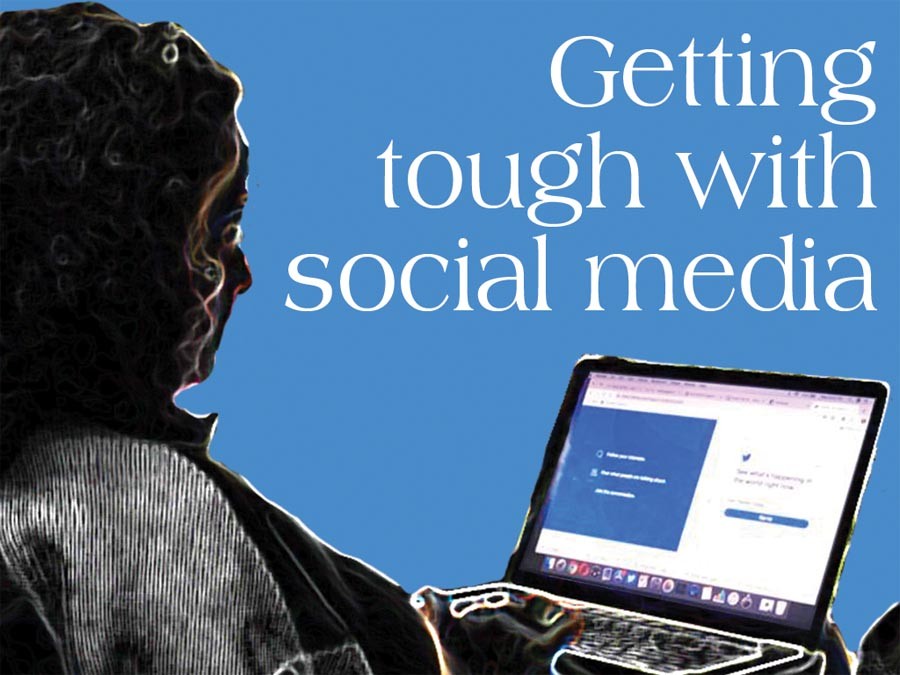
What is wrong with the crackdown on hate speech on social media

It happened one day before the dreadful terror attack in Pulwama on the Indian security forces and a few days before the Saudi crown prince Muhammad Bin Salman landed in Pakistan on a much-awaited two-day visit. The furore over the two incidents could possibly drown the statement of the Information Minister, Fawad Chaudhry, on Feb 13 where he announced the government plans to initiate a crackdown on social media to curb ‘hate speech’ as he said. But the context in which this statement has appeared makes it alarming and must be taken seriously.
It has come in the wake of government’s earlier announcement to set up a joint regulatory mechanism -- Pakistan Media Regulatory Authority -- to oversee electronic, print and social media in Pakistan. The move was criticised by media practitioners across the board, terming it ill-advised.
Between then and now, the government has come down hard on political dissidents, especially those who are active on social media. People have, even before the statement, received email warnings from Twitter that say "their tweets are in violation of Pakistan’s laws and that the consequences for press freedoms could be dire". The social media site has obviously received instructions from the government or the state to initiate these emails.
This is strengthening the environment of fear operating in the country. The Human Rights Commission of Pakistan (HRCP), for instance, in response to the minister’s statement has expressed its reservations against threats it poses to human rights defenders across the country: "The fundamental right to information is closely linked with ways of exercising freedom of expression, movement and assembly - all of which are critical to human rights work in Pakistan," it said.
This has generated a debate about the country’s cybercrime law (Prevention of Electronic Crimes Act) enacted during the last government’s tenure in particular and the legal and constitutional scheme in general which creates unnecessary hurdles for free speech. The government is using the term ‘hate speech’ which it says is leading to extremism but digital media experts and activists question how the governments confuse hate speech and incitement to violence, and use this confusion to curb free speech. There is also real problem with who is going to interpret all this while the law gives unbridled powers to law enforcement agencies.
Also read: Getting tough with social media
Social media has empowered the common people like never before but it does pose huge challenges. No one knows the best way to minimise damage on social media but a government decree issued in this manner is perhaps not the best strategy after all.